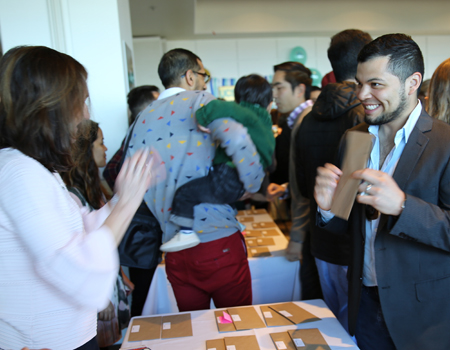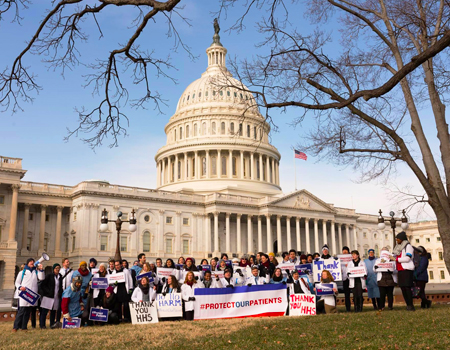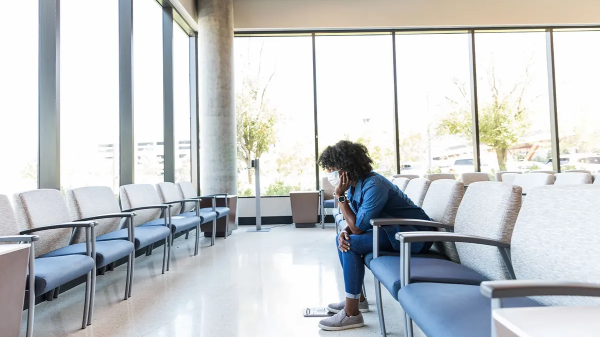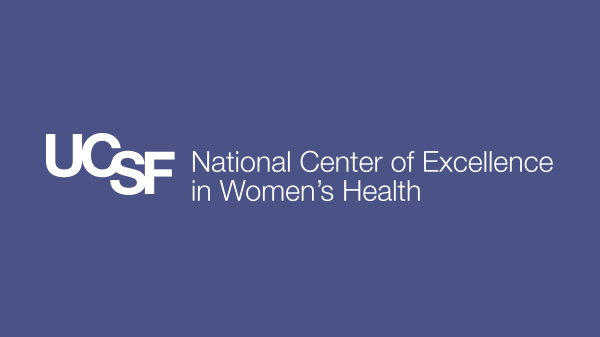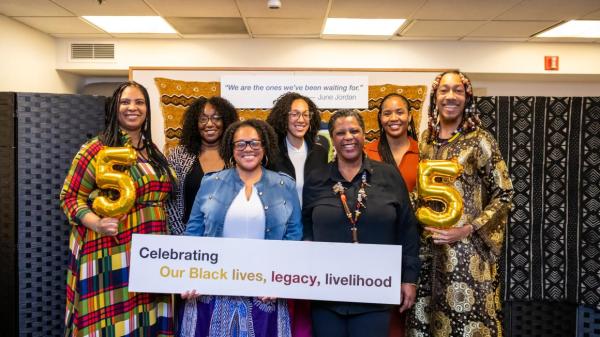For a cohort of this year’s graduating class, residency training will not only advance their careers as physicians, but also further their commitment to social activism and greater healthcare equity for all patients.
Student advocacy has long been a tradition at UCSF. For over a decade, the Program in Medical Education for the Urban Underserved (PRIME-US) has consistently attracted students committed to becoming leaders in underserved care and advocates for access and equity in health. Many PRIME-US students were part of the UCSF group that co-founded WhiteCoats4BlackLives— a medical-student run organization launched in 2014 that works to eliminate racial bias in medicine.
Legacy of Activism
Fourth-year student Colette DeJong saw UCSF as fertile ground to cultivate her drive to connect health with social justice. She and her classmate Michael Mensah have been involved in PRIME-US community engagement projects that directly brought services such as nutrition improvement, hepatitis B treatment, improved water access, equitable care for people in LGBT communities, as well as anti-violence strategies, to residents across the city. DeJong is committed to carry forth her vision when she starts her residency in internal medicine at UCSF.
“I’m thrilled to be training at UCSF. I have so many mentors here who think about health equity and social justice,” says DeJong. “It’s in the bones of UCSF as the first responder to the AIDS epidemic, for example. People are committed to making health better for everyone.”
“I believe that healthcare is a right and not a privilege for a special few,” says Mensah, who will train in psychiatry at UCLA. “It can change the course of one’s life, and seeing that in my own life has propelled me me along this path. The PRIME program has given me the opportunity to be an advocate for patients and the courage to do so.”
PRIME is a UC-wide initiative with different goals on each campus. The PRIME-US program at UCSF and the UCSF-UC Berkeley Joint Medical Program are focused on meeting the needs of California’s urban populations. Mensah credits UCSF’s leadership in delivering more equitable healthcare as the impetus that first sparked his passion for caring for patients in underserved communities.
Calling for Action in Washington, D.C.
Improving access to healthcare has also been top of mind for fourth-year medical student Jeffrey Chen, who participates in #ProtectOurPatients (see full story), a grassroots movement of future health professionals united with the mission to oppose the repeal of the Affordable Care Act without replacement. Last November, UCSF students and residents responded to the national #ProtectOurPatients campaign (comprised of over 50 medical schools nationally) with a local initiative called #KeepAmericaCovered.
“As future physicians, we’ve been galvanized to rally for continued access to care for all patients,” says Chen. “'Do no harm' applies beyond clinical settings. It’s important for providers to advocate for the patients and the communities we serve, both inside and outside the hospital.”
A Match Day Record Year
Chen and his classmates’ dreams to conduct residency training at leading centers nationwide were realized thanks to the National Residency Match Program (NRMP), which uses a computerized algorithm to pair graduating medical students with available training positions at U.S. teaching hospitals. The model incorporates the top choices of both the students and the residency programs. This year’s Match Day was the largest in history, with a record 43,137 registered applicants nationwide competing for more than 31,000 residency positions.
The match process continues to benefit UCSF’s medical students. Of this year's 152 graduating students and 10 previous graduates (who are matching for the first time), 80 will begin residencies in primary care and 82 matched into specialties including emergency medicine, anesthesiology, obstetrics and gynecology, neurology and psychiatry at top medical centers nationwide. Some students will help advance patient care locally, with 108 graduates from this year’s class remaining in-state for residency training.
Educational leaders at UCSF sum up this year’s continued success: "Match is a very exciting day, the culmination of years of hard work here at UCSF and the start of the next chapter for our really wonderful students,” says Lee Jones, MD, associate dean for students.
“Look out, world! You will soon be provided with a whole new class of outstanding UCSF doctors committed to alleviating suffering and solving healthcare problems,” says Catherine Lucey, MD, vice dean for education.
Lucey notes that UCSF’s history of social activism influenced the new Bridges curriculum, which launched last summer for first-year medical students. The new curriculum is tangibly embedded with educational components designed to help address social justice issues and healthcare disparities. She says, “Through Bridges, our students learn to care equally for entire communities rather than just individuals. The social justice component of our curriculum trains our students to understand our patients and the struggles they face – regardless of background, race, or socioeconomic status.”
Four students matched with UCSF Fresno, which continued its streak of filling all of its available positions since 2011. Approximately 100 new medical physicians and four oral and maxillofacial surgery dental residents will start their residency and fellowship training at UCSF Fresno this summer, providing care and addressing the needs of underserved patients in the Central Valley. “Congratulations to all of the medical school graduates who matched with UCSF Fresno,” said Michael Peterson, MD, associate dean at UCSF Fresno. “We look forward to your arrival this summer. We are confident that your experiences here over the next three to five years will prepare you to be excellent clinicians and advocates for your patients.”
This article was originally written by Karin Fleming and published by the UCSF School of Medicine.

